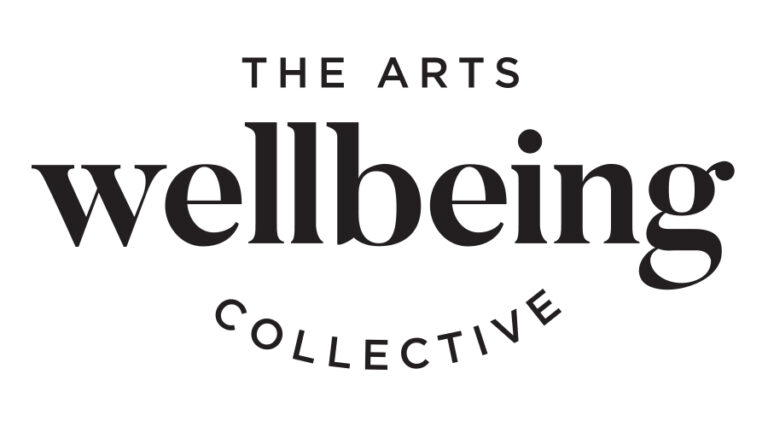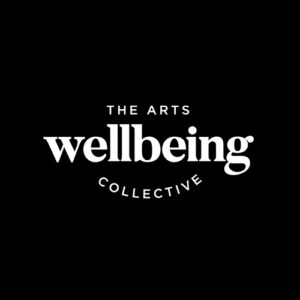
Identifying a personal goal to work towards on tour can help meaningfully fill downtime, help keep work and life in perspective, and give you a sense of control. Finding work life balance isn’t always easy, which is why you may need the SMART theory of goal setting to get it done.
Finish writing that screenplay, update your portfolio, master that accent.
Develop an exercise routine, improve your fitness, practice your cooking skills.
Learn a new craft, try a new hobby, create a photographic story, start your blog, write music.
Engage in online education, research a topic you have always been interested in, create a memory book for someone special.
Appreciating how ‘feast vs. famine’ working in the arts industry can be, consider specific financial goals you could work towards while on tour:

Try the SMART theory of goal setting:
Specific – Goals that are too vague and general are hard to achieve. Include specifics such as ‘who, where, when, why and what’. Just like approaching a character!
Measurable – Ideally, goals should include a quantity of ‘how much’ or ‘how many’, for example, drinking two litres of water per day. This makes it easy to know when you have reached the goal.
Achievable – Goals should be challenging, but achievable. Setting goals that are too difficult can be discouraging and lead to giving up altogether. Aim for success, which will motivate you to continue.
Relevant – The goal should seem important and beneficial to you.
Time-related – You don’t need more time, you just need a deadline. Deadlines can motivate efforts and prioritise the task above other distractions.
Break your goal down into steps and write an action plan for each step. Work on it regularly, a little each day, and be sure to celebrate and share your achievements.
Sleep Well On Tour: How to Get the Rest You Need
Exercise on Tour: Tips to Get You Moving



The Arts Wellbeing Collective is an Arts Centre Melbourne initiative that comprises a consortium of arts and cultural organisations whose shared vision is to effect better mental health and wellbeing for performing arts workers. Our objectives are to: - Improve support services for performing arts workers - Collate and share information - Effect industry cultural change - Improve support networks within and between arts organisations. Our guiding principles are: - Prevention focused, promoting positive mental health and wellbeing, and raising awareness of mental health, mental health problems and the value of early intervention. - Working in partnership, ensuring a variety of partnerships state-wide and across the industry – collaboration is core to the Arts Wellbeing Collective and vital to success. - Creating systems level change, through seeking to understand and address systems, cultures and traditions that contribute to poor mental health and wellbeing in the performing arts. - Long-term thinking, prioritising resources and initiatives that have capacity for long-lasting impact, scalability and transferability. - Knowledge creation and dissemination, working with experts and industry leaders to find, share, create and translate the best available information, tailored for creative contexts. - Encouraging innovation, Arts Centre Melbourne is always learning – we do not have all the answers. We will test, trial, evaluate, and share useful findings with energy and authenticity, and continue to be rigorously planned, strategically responsive and thoughtfully adaptable.
Read Full Profile© 2021 TheatreArtLife. All rights reserved.

Thank you so much for reading, but you have now reached your free article limit for this month.
Our contributors are currently writing more articles for you to enjoy.
To keep reading, all you have to do is become a subscriber and then you can read unlimited articles anytime.
Your investment will help us continue to ignite connections across the globe in live entertainment and build this community for industry professionals.